Navigating the vast world of social media can feel like wandering a bustling marketplace without a map, where each stall is a unique platform vying for attention. However, choosing the right platforms can totally transform your hotel’s digital narrative. Whether you’re a cozy boutique inn or an expansive hotel chain, a strategic approach to your online space is crucial. Remember, the digital landscape isn’t fixed—it’s as dynamic as our ever-changing preferences.
The Importance of a Marketing Strategy
Merely marking a presence on every platform can seem expansive, but effectiveness lies in targeting. Are you truly connecting with the right audience? Consider tailored messaging as your beacon in this vast digital expanse. A beautifully curated Instagram post might attract the leisure traveler, while a well-crafted LinkedIn update could appeal to the corporate event planner. Recognizing these nuances and crafting content to match can profoundly impact engagement and conversions.
But this isn’t just about securing the immediate booking. Consistent and thoughtful engagement builds brand loyalty, a cornerstone for success in the hospitality sector. When guests feel seen and heard and resonate with the stories you share, they’re more likely to return and recommend your hotel.
Using resources without a strategy is a gamble. The true art lies in understanding where your potential guests spend their time and how best to reach them. Dive into this guide, and equip yourself with strategies to refine your online identity, amplify ROI, and narrate a story that captivates and endears.
Laying the Groundwork for a Successful Social Media Strategy
Before diving into the maze of social media, knowing whom you’re trying to reach and why is vital. Every hotel caters to a unique blend of guests—from leisure and business travelers to families or couples. Each has distinct preferences and expectations. Figuring out your target guests helps tailor your messaging and choose channels that best resonate with them.
Equally crucial is setting clear objectives. Are you aiming to boost bookings in the off-season, enhance brand awareness, or showcase new amenities? With concrete goals, your social media efforts align more cohesively with your hotel’s broader vision. Like this, you’ll ensure that your digital voice doesn’t just echo—it resonates, connects, and compels.
After you’ve identified your target audience and set your goals, you can finally start deciding what social media channels are the most useful for your brand. Here are the most relevant ones for hotels, complete with what audiences they help target.
1. Instagram
Instagram is like a digital photo album. It’s a chance for hotels to show off your best features, from cozy rooms to gourmet breakfasts. Think of it this way: travelers who see stunning visuals of your hotel are more likely to imagine themselves there. The numbers back this up, too. With over a billion monthly active users, many eyes could be on your hotel. And it’s not just the young crowd; while many users are aged 18-35, there’s a growing number of people from older generations there, too. The impressive part? 81% of users aren’t just scrolling; they’re researching what to buy or where to book next.
What’s great for hotels is the range of content you can share. Beyond just photos, you’ve got Stories for daily updates, Reels for short, fun videos, and IGTV for longer content. Maybe it’s a chef’s tutorial from your restaurant or a guest enjoying their spa day. Partnering with influencers can boost your hotel, getting you in front of their followers. In short, for hotels looking to make an online splash, Instagram is a pool you’ll want to dive into.
If you decide to invest more in your Instagram strategy, remember it’s not just about posting pretty pictures. Engaging directly with your audience, rolling out special promotions exclusively for Instagram followers, showcasing real guest testimonials, and building collaborations with local businesses can transform your Instagram from just another social media profile into a dynamic hub that continually drives bookings and boosts guest loyalty.
2. Facebook
Facebook isn’t just for catching up with old friends; it’s a goldmine of hotel opportunities. With 2.8 billion monthly active users, it’s an expansive community with potential guests from all walks of life. The real strength of Facebook comes from its demographics: while 32.4% of users fall within the 18-24 bracket, a significant number span the 25-55 age range, perfect for targeting families, business travelers, and event planners. And with 1.84 billion people checking in daily, there’s a consistent opportunity to engage, promote, and build relationships.
Yet, it’s more than just posting pictures or announcing offers. Facebook’s advanced ad system allows for tailored promotions, ensuring your summer deal reaches the family planning their vacation, or the discounted suite rate finds the businessman looking for a last-minute booking. Then there’s the trust factor: guest reviews and ratings on your Facebook page can be the deciding point for many. And let’s not forget tools like Messenger, bridging the gap between inquiry and confirmation in real-time.
3. YouTube
Think of YouTube not just as the world’s second-largest search engine but as a window into your hotel for a massive online audience. Catering to a diverse audience, primarily between 18-50, it’s a platform swarming with potential guests. With over 2 billion logged-in monthly users, there’s an abundant opportunity to capture attention. The range of seekers is vast, from families seeking a safe holiday destination to backpackers hunting for an authentic local experience.
Virtual tours of your rooms, common spaces, and surrounding attractions can transport viewers into your locale. Intricately woven into engaging narratives, customer testimonials provide a trust factor, while videos showcasing nearby attractions can paint the broader experience of staying at your establishment. Hotels can channel YouTube’s ‘how-to’ spirit to craft content like ‘How to spend 48 hours in [your city]‘ or ‘Making the most of your stay at [hotel name].’
Video production can indeed be resource-intensive, but it’s an investment. People watch over 1 billion hours of YouTube videos daily, hunting for entertainment, insights, or guidance. Capturing even a fraction of that attention with immersive video content can make all the difference in a potential guest’s booking decision.
By diving deep into YouTube’s capabilities, hotels can offer a virtual experience that tempts viewers, urging them to transform their online exploration into real-life stays.
4. Pinterest
For millions, Pinterest serves as a digital mood board, a place where dreams take flight and plans take shape. The platform excels in driving intent with over 478 million monthly active users. Over 85% of its users turn to Pinterest for planning, and a significant portion are planning trips.
Especially appealing to women aged 25-45, Pinterest is a hub for those seeking travel inspiration and event planning. High-resolution images of your hotel rooms, the picturesque surroundings, and unique features can spark wanderlust. Infographics on local attractions, boards highlighting themed stays, or travel tips specific to your location offer added value, acting as a teaser for what guests can experience.
Moreover, with a click-through rate that’s higher than other social platforms, Pinterest can effectively drive traffic to your hotel’s website. While users often begin with daydreaming and pinning, it’s a key touchpoint in the early stages of travel planning. Engaging content here can nudge them from the ‘dreaming’ phase to the ‘booking’ phase. In leveraging Pinterest, hotels can plant the seeds of wanderlust, guiding potential guests through their journey of inspiration to reservation.
5. LinkedIn
LinkedIn stands apart, while the social platforms we’ve discussed primarily cater to leisure travelers and vacation planners. With over 774 million members, this professional network is an untapped reservoir for hotels looking to target the corporate sector.
Primarily drawing professionals aged 25-55, LinkedIn has become a goldmine for hotels in business hubs or those boasting state-of-the-art conference facilities. Promoting business amenities, spotlighting your event spaces, and sharing corporate testimonials can attract the refined business traveler or event planner. Additionally, 80% of B2B leads come from LinkedIn, making it a pivotal tool for B2B marketing in the hospitality sector.
Beyond just attracting corporate bookings, LinkedIn also serves as a platform for showcasing your brand’s corporate ethos and culture. Highlighting staff achievements or sharing behind-the-scenes glimpses into the hotel’s operations can boost your hotel’s reputation as an employer.
While LinkedIn might not be the first platform you think of for hotel marketing, it offers a laser-focused approach to reaching the business community. For hotels catering to this demographic, it’s an invaluable tool to ensure their rooms are always in demand, whether for a business conference or a solo business trip.
6. TikTok
Dive into the energetic realm of TikTok, where creativity reigns, and short bursts of content captivate millions. Boasting over 1 billion monthly active users, TikTok is the platform where younger generations—primarily Gen Z and younger millennials aged 16-30—spend their time.
TikTok isn’t just about dance challenges and lip-sync videos; it’s an evolving platform where hotels can shine by showcasing their fun side. Think short, spirited clips highlighting unique amenities or taking on trending challenges, potentially making your hotel the next viral sensation. Engaging with the TikTok community can also pave the way for exciting influencer collaborations, as over 86% of TikTok users say they like to see brands collaborate with creators.
While it’s easy to pigeonhole TikTok as a platform for the youth, it’s vital to remember that today’s TikTok-loving teen will be tomorrow’s travel decision-maker. With users spending an average of 52 minutes per day on the app, there’s ample opportunity for hotels to create lasting impressions. Investing time in TikTok now is not just about immediate engagement—it’s about building relationships with a demographic swiftly coming into its spending power.
Next steps
Social media is an ever-evolving space. Just as you think you’ve mastered one platform, another emerges with potential, like Threads or those we haven’t delved into, such as Snapchat and X (formerly Twitter). But amidst this digital whirlwind, it’s crucial to remember that spreading thinly across every available platform isn’t necessarily the recipe for success.
Focusing on a few select channels that resonate with your hotel’s brand, target audience, and marketing goals can yield more significant results than a scattered presence everywhere. Instead of diving headfirst into every new platform, it’s worth taking a step back. Evaluate its relevance to your audience, the type of content it promotes, and whether it aligns with your overall strategy.
Begin by auditing your existing platforms. Are they achieving the desired engagement and ROI? Refining your presence on current channels often bears more fruit than venturing into unfamiliar ones. While you needn’t leap onto every new platform trend, keeping a finger on the industry’s pulse is wise. Subscribing to relevant newsletters or joining hotel marketing forums can equip you with the knowledge to make informed decisions.
If a new platform seems promising, consider a pilot campaign. A modest budget and experimental approach can offer insights without significant resource commitments. Regardless of your chosen channels, the essence of social media remains engagement. Genuine connections, collaborations, and community-building should precede sheer follower numbers. Regularly revisiting and refining your strategy ensures you align with your objectives.
More Tips to Grow Your Business
Revfine.com is the leading knowledge platform for the hospitality and travel industry. Professionals use our insights, strategies, and actionable tips to get inspired, optimize revenue, innovate processes, and improve customer experience.Explore expert advice on management, marketing, revenue management, operations, software, and technology in our dedicated Hotel, Hospitality, and Travel & Tourism categories.

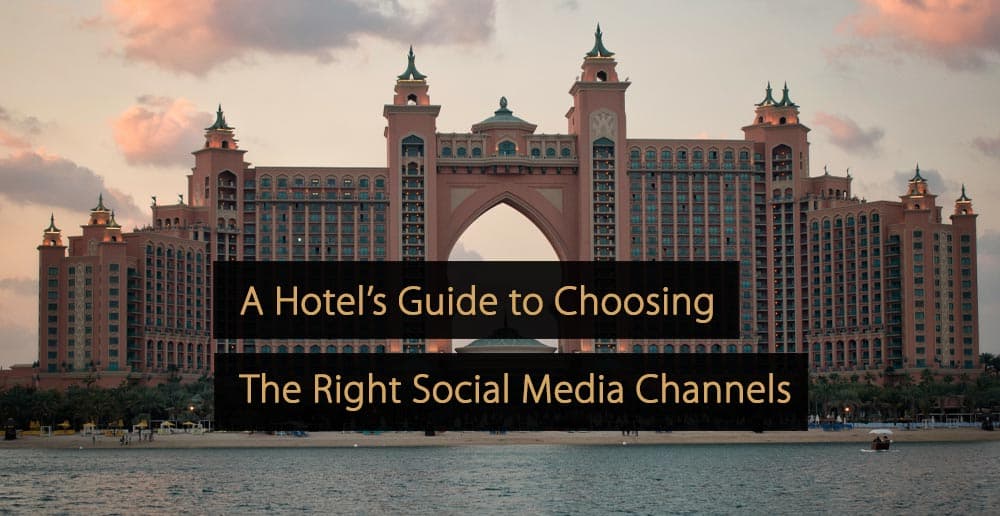
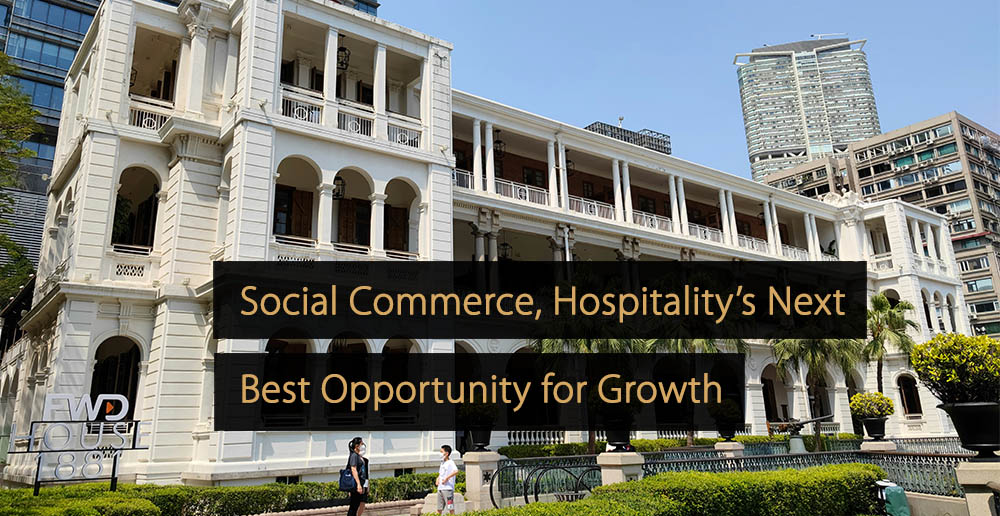
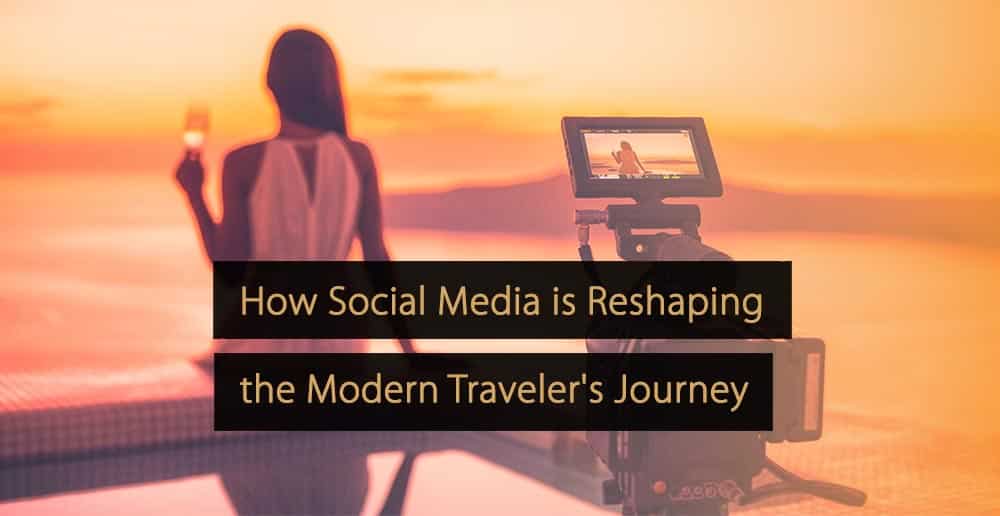
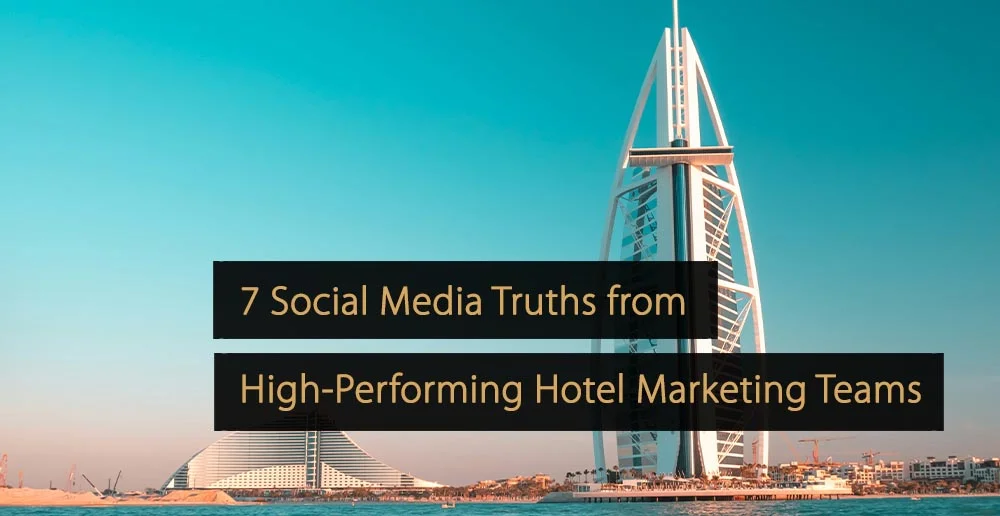
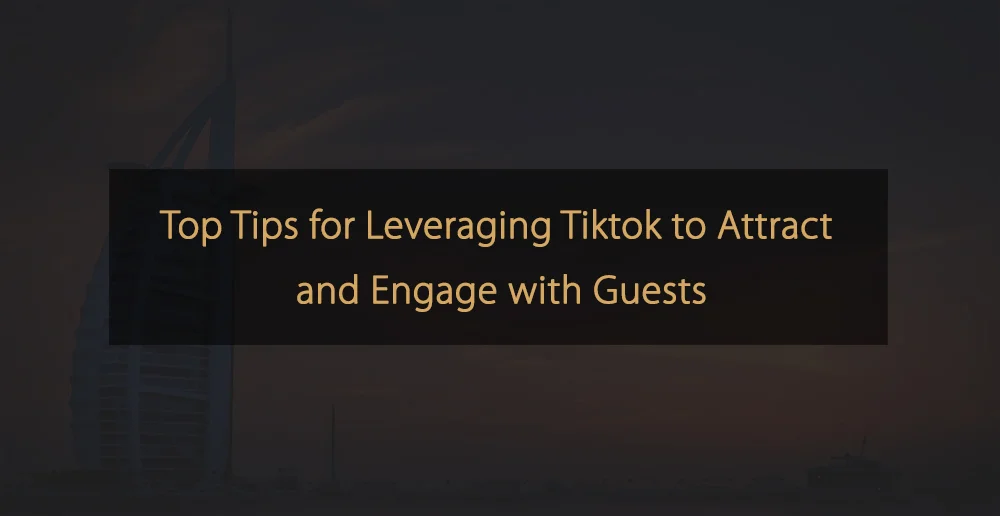
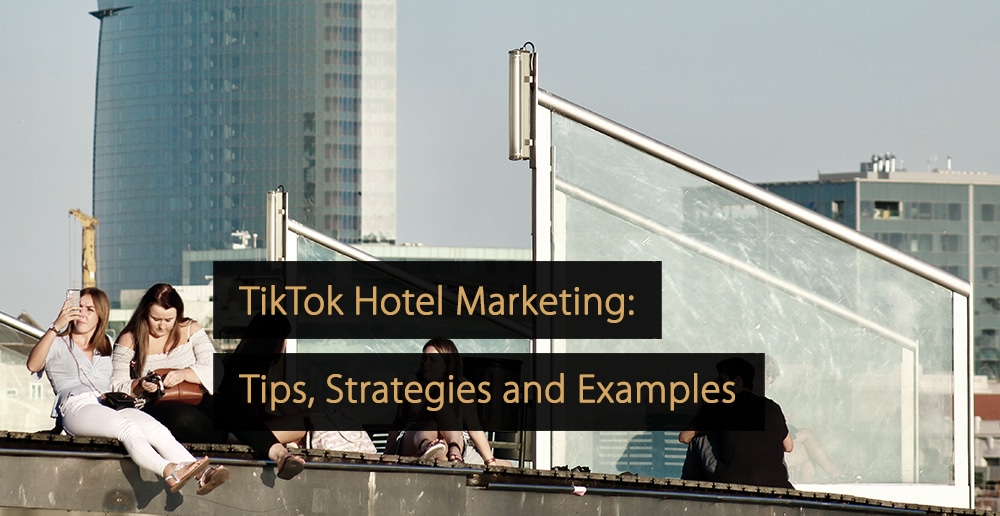
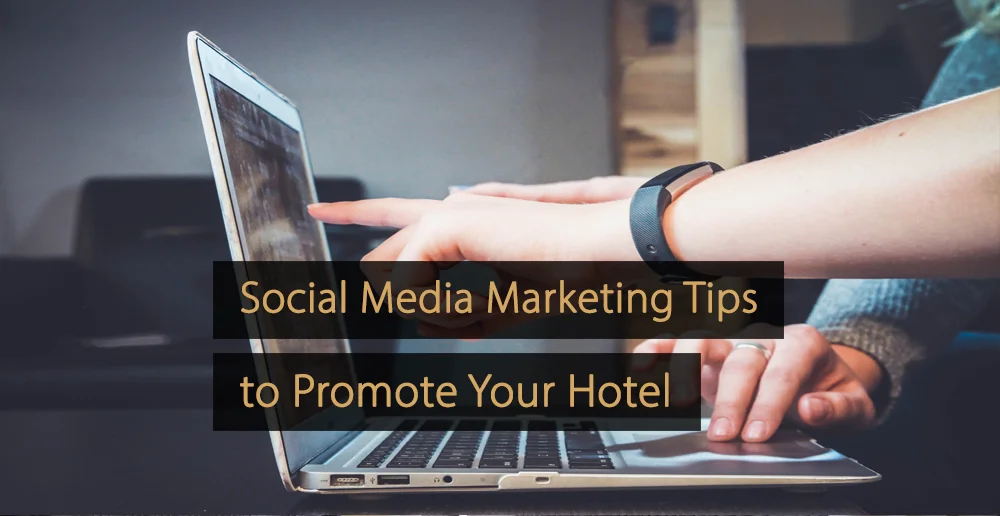
Leave A Comment